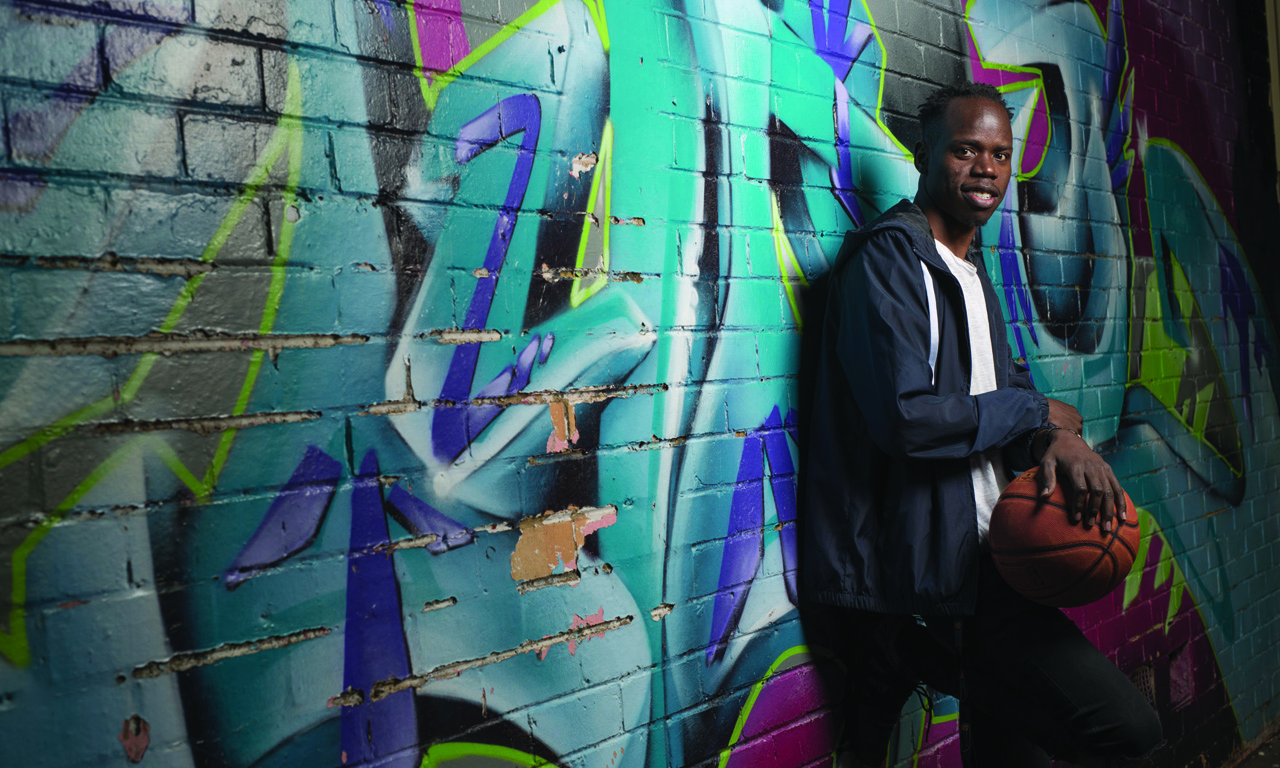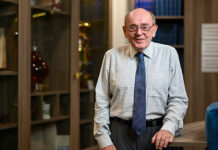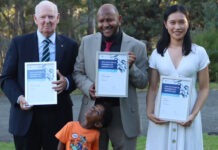Yong Deng is a Grade 1 clinical pharmacist at Monash Health and one of the founders of South Sudanese Australian Youth United (SSAYU), a not-for-profit that aims to empower the community through education and employment, while combating alcoholism and incarceration.
AP: How did you make your way into pharmacy and what attracted you to it?
YD: I grew up in Kakuma refugee camp in Kenya, where there was a lack of access to medication supply. That environment pushed me to want to get into medicine.We came to Australia in 2009 (when I was 17) and my cousin told me: ‘To get into medicine you should do pharmacy as your undergrad’.
So I transferred to pharmacy in Bendigo where I met people who became my mentors and started working in community pharmacy.
My focus on getting into medicine faded away and I graduated from pharmacy in 2016.
AP: You’ve had to overcome a lot to get where you are today. What was your schooling like in Kenya?
YD: My mum had never seen inside the walls of a classroom and, having lost my dad during the war, she believed the only thing that could liberate her children was education.
The only privilege I had in the camp was that when my elder brother finished high school he was able to earn the equivalent of AU$50 a month. He used almost half of that to get me into a better school.
AP: In what ways has your childhood influenced the way you approach pharmacy and community work?
YD: At the refugee camp there were so many people from diverse backgrounds. That experience feeds into the way I individualise patient therapy, having compassion.
When I see a patient I think ‘Okay, what background have they come from? What might be important to them? How can I relate to them? How do I speak in terms they understand?’
On a personal level, it gives me a different perspective to someone who grew up privileged – I value pharmacy for the opportunity it gives me to contribute to the community and give back to Australia.
AP: Tell us about your community work.
YD: I’m Assistant Managing Director of SSAYU, which is made up of young professionals from South Sudanese backgrounds. Our vision is to help young people reach their full potential through a range of programs.
There’s the Bounce Back basketball program where, every Friday, youths speak to people from different professions to gauge where they want their lives to head.
When we started Bounce Back it was more a rehabilitation program for people coming out of the judicial system. Now it also engages with people who are doing exceptionally well.
AP: What are your goals for the future?
YD: I’m looking at specialising and being a cardio- renal pharmacist in the next few years. Those are the two areas I’m really passionate about.
In terms of the community, my goal is teaching young South Sudanese Australians that we have come so far – that there’s a lot you can achieve if you put your full energy into it and have somebody guiding you.



 Professor Margie Danchin[/caption]
Professor Margie Danchin[/caption]

 Dr Peter Tenni[/caption]
Dr Peter Tenni[/caption]
 How should we deprescribe gabapentinoids, according to the Maudsley Deprescribing Guidelines[/caption]
How should we deprescribe gabapentinoids, according to the Maudsley Deprescribing Guidelines[/caption]



 Pharmacists have always prescribed, but they have the potential to prescribe much more
Pharmacists have always prescribed, but they have the potential to prescribe much more






